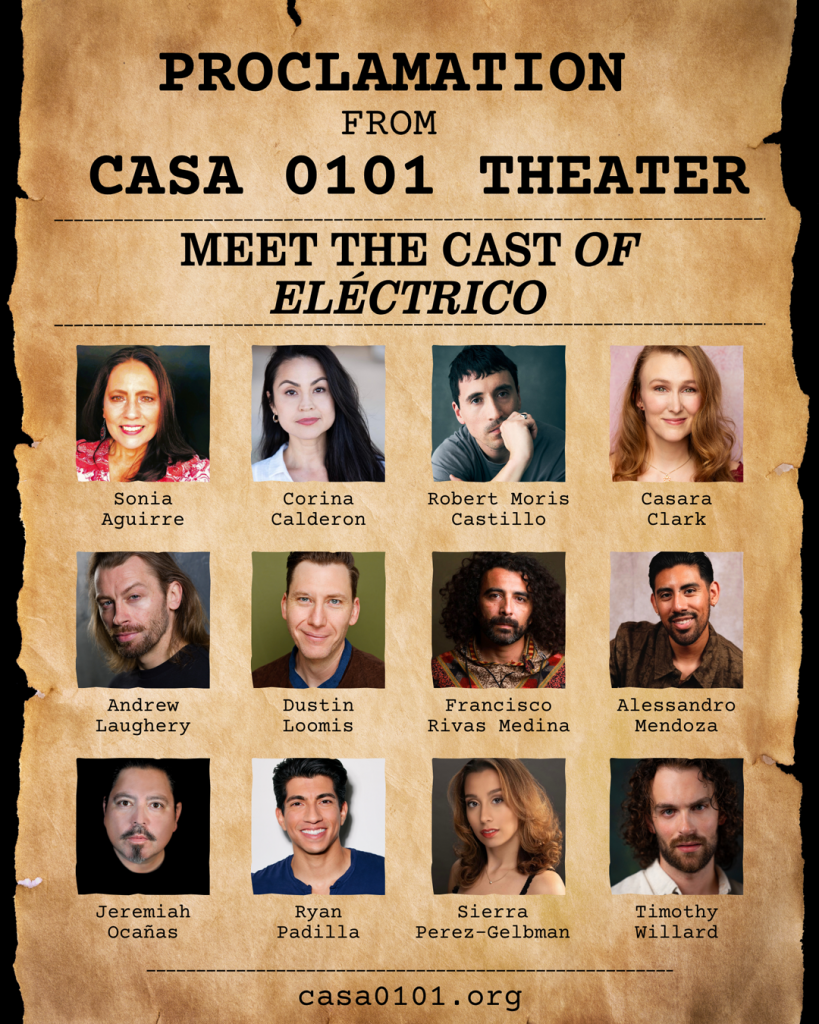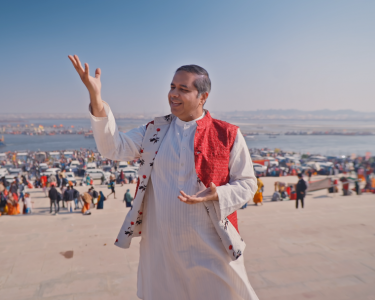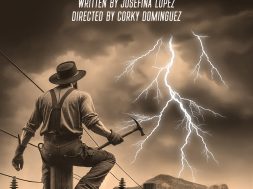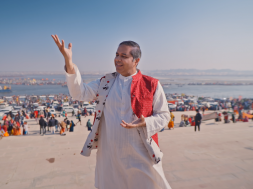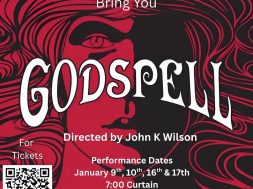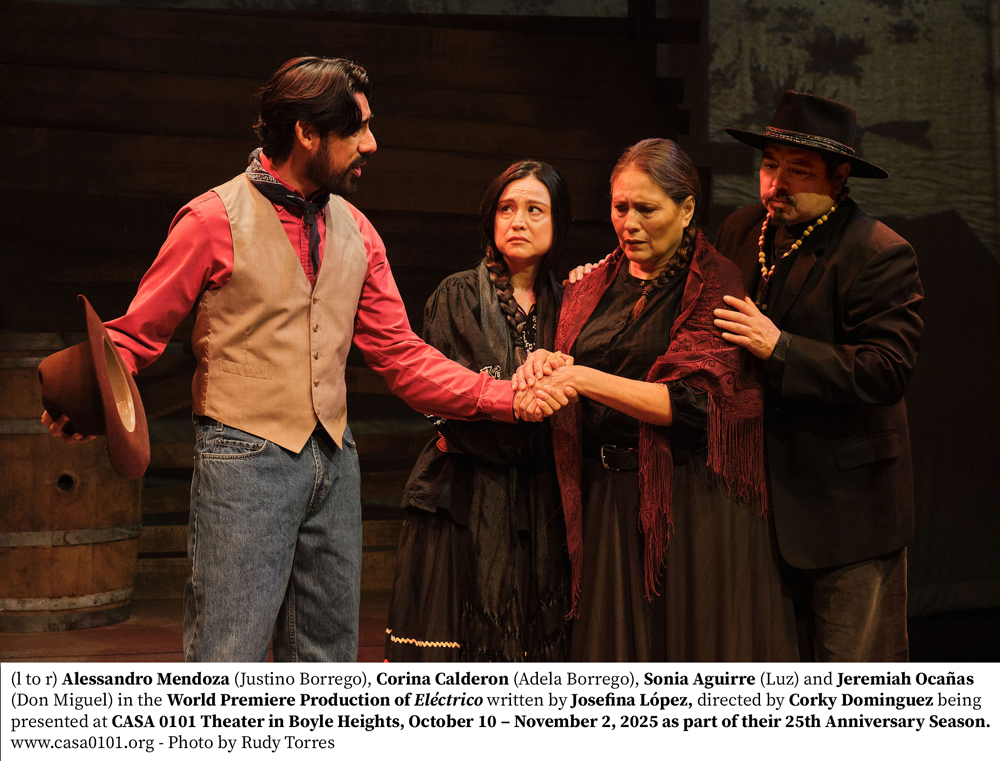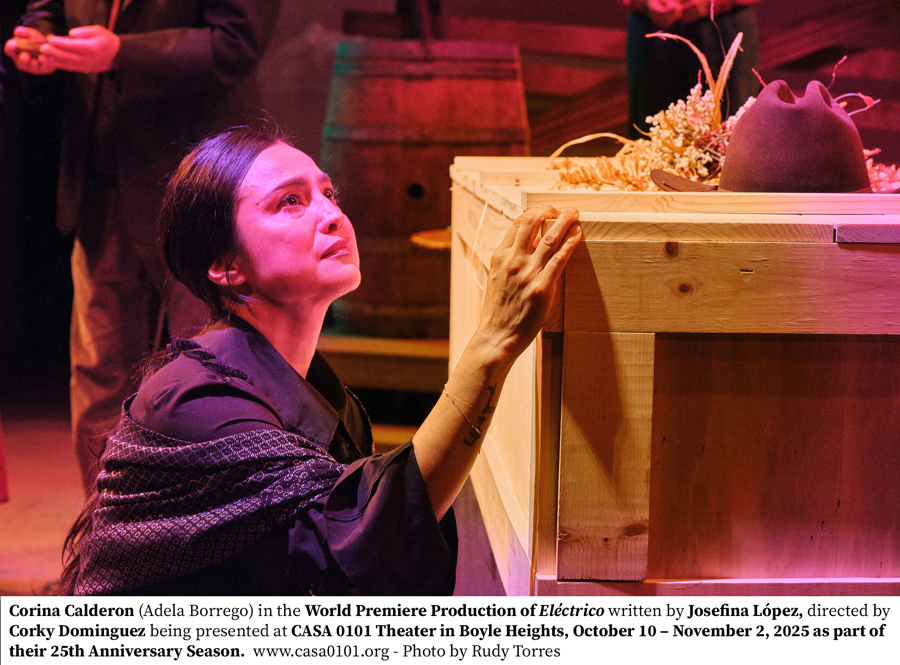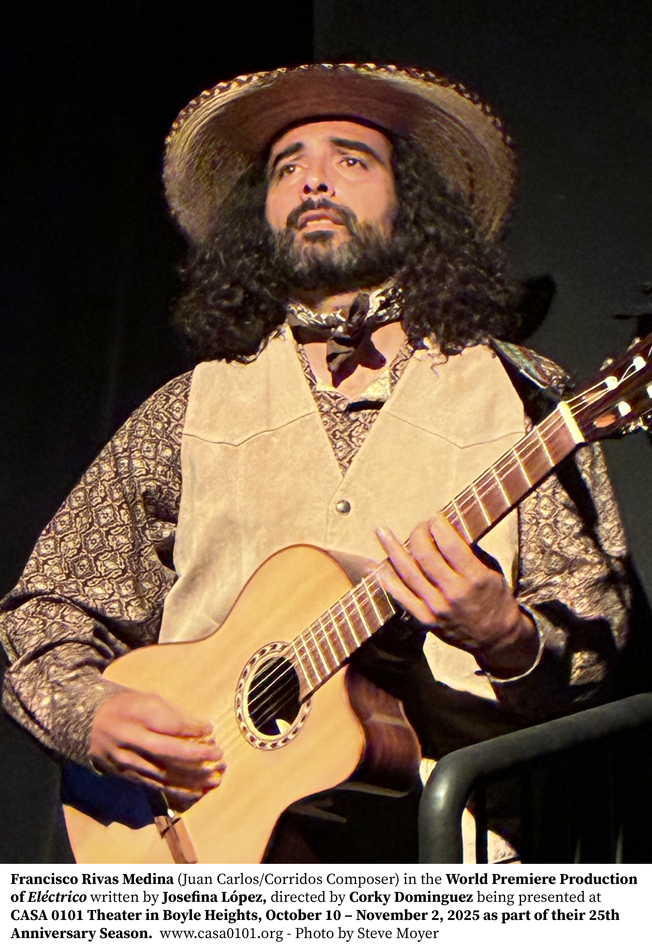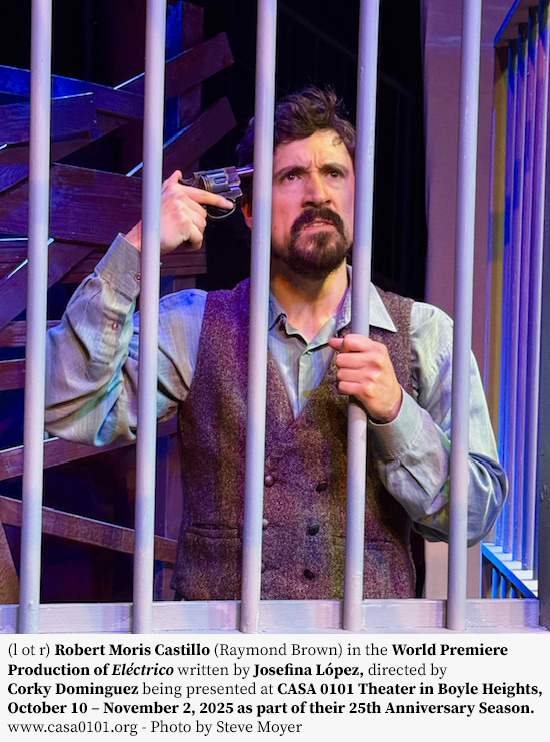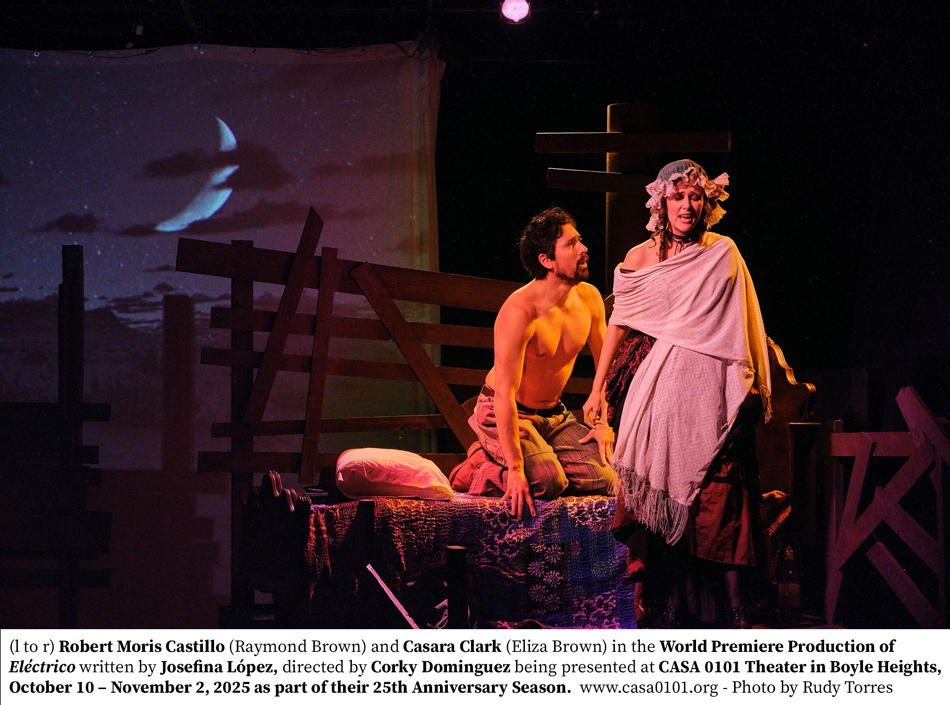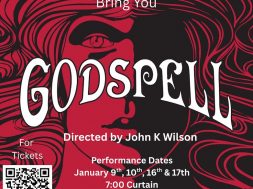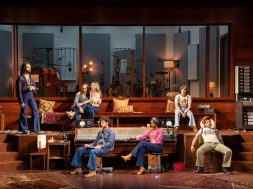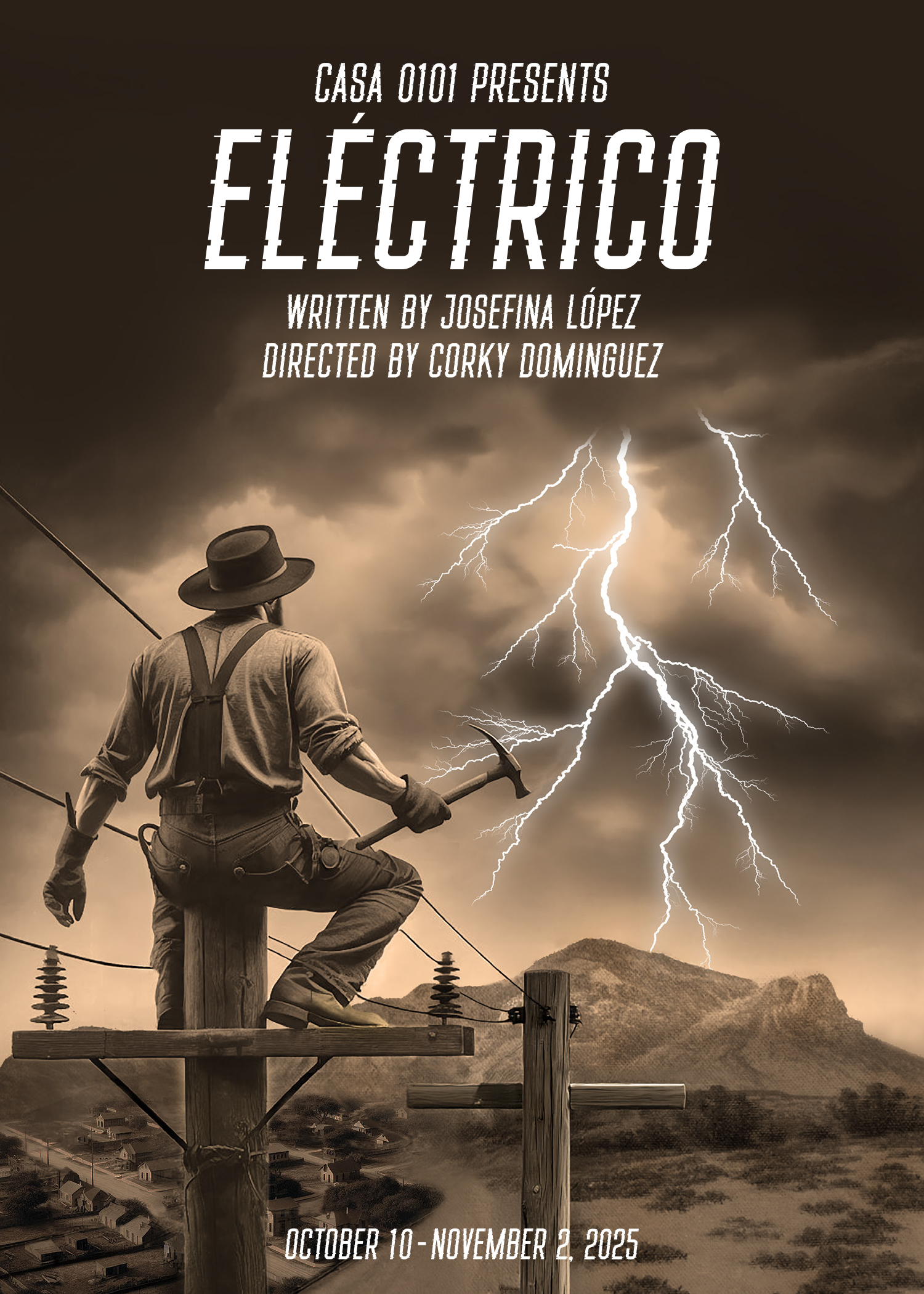
Review: Electrico Illuminates Forgotten Mexican American History in Early-1900s Texas
|
Getting your Trinity Audio player ready...
|
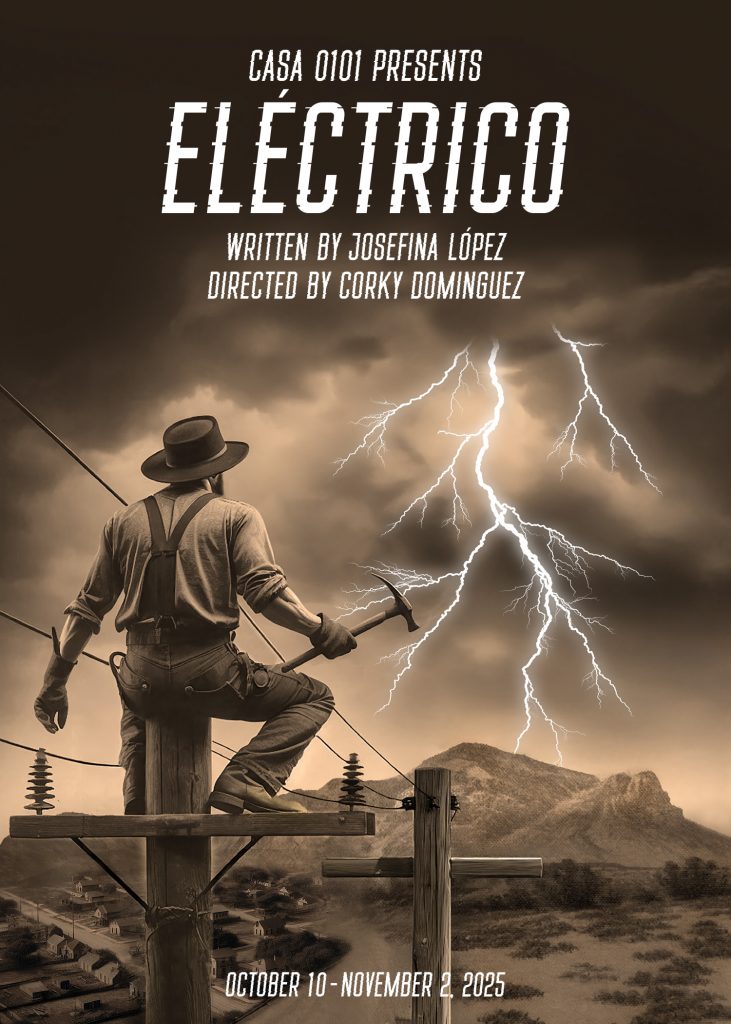
Reviewed by Frank Barwah: Electrico, written by Josefina López, is a gripping theatrical experience. Corky Dominguez directs the play. It is revelatory. The play sheds light on a rarely discussed chapter in American history. It reveals the brutal discrimination and land theft faced by Mexican communities in the early 1900s. State-sanctioned violence was particularly severe in Texas.
The story is set in a small town near the border. It centers on a Mexican family and their longtime friends. These are generations rooted in their own land. They are suddenly treated as outsiders in their homeland. Through intimate and emotionally honest moments, we witness the community’s fight for dignity. The community struggles for survival. Law enforcement and vigilante groups terrorized Mexican residents between 1910 and 1920.
Raymond Brown is a standout figure in the story. He is played with great internal tension by Robert Moris Castillo. Raymond is a man of both White and Mexican descent. His personal struggle is significant. His conflicted identity becomes a powerful bridge between two worlds. One world is fighting to exist, and the other is determined to erase it.
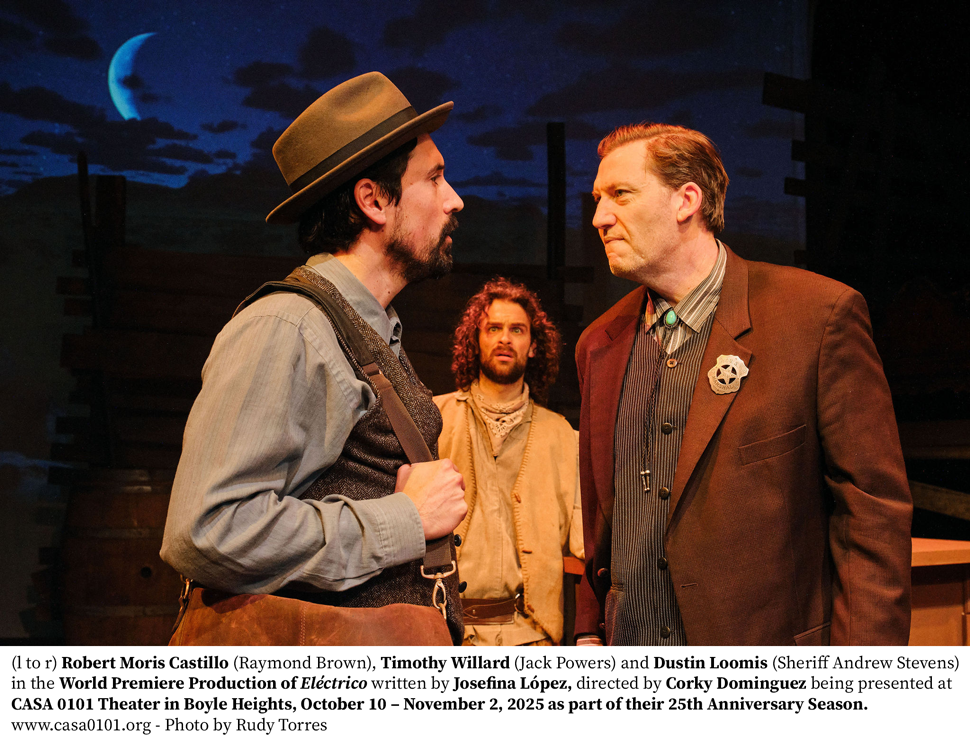
The production is presented in the Gloria Molina Auditorium. Its intimate staging pulls audiences directly into the pain, humanity, and resilience of these families. It is impossible to sit in this space and not feel the weight of the history unfolding only feet away.
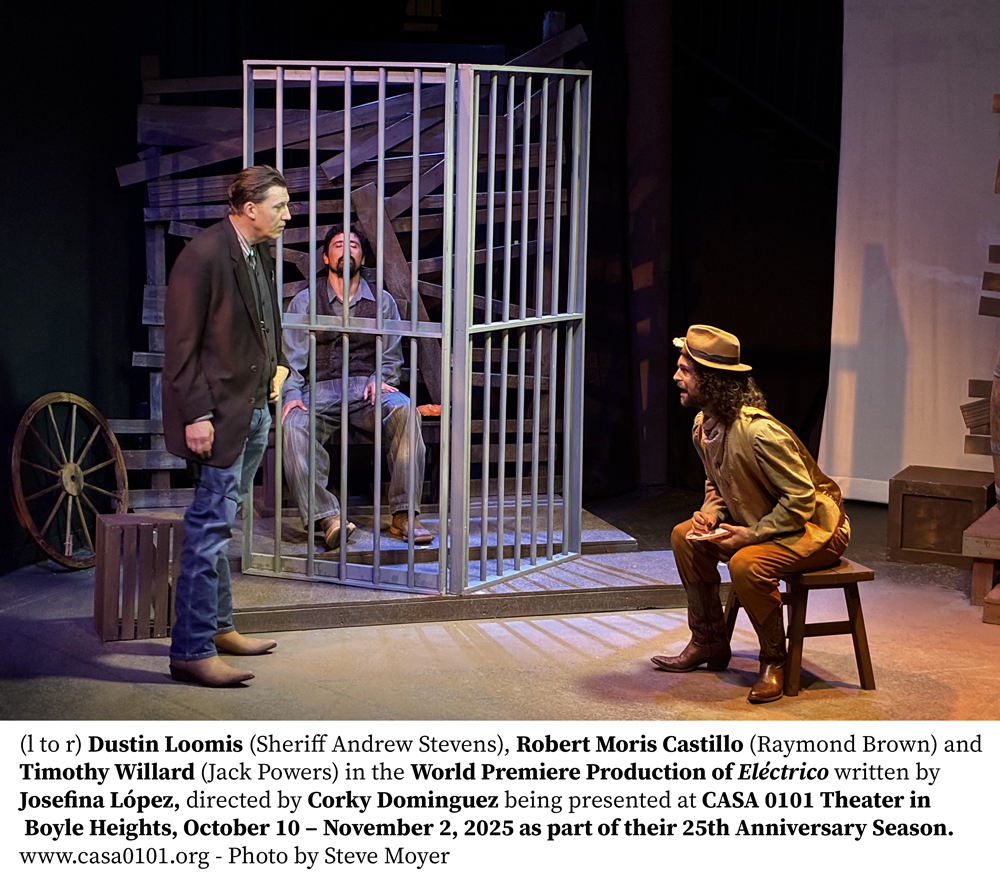
What makes Electrico even more resonant is its undeniable relevance. Over a century later, racial injustice continues in this country. Mistreatment of Mexican and Latin communities remains a significant issue. Institutions still practice discrimination. Watching this play is not only an artistic experience—it is a reminder, a warning, and a call to conscience.
There is tremendous value in seeing Electrico. It shines light on forgotten history. It honors those whose voices were erased. It invites us to ponder who we are as a nation, then and now.
